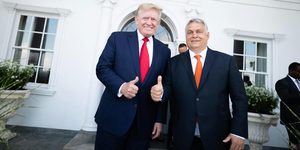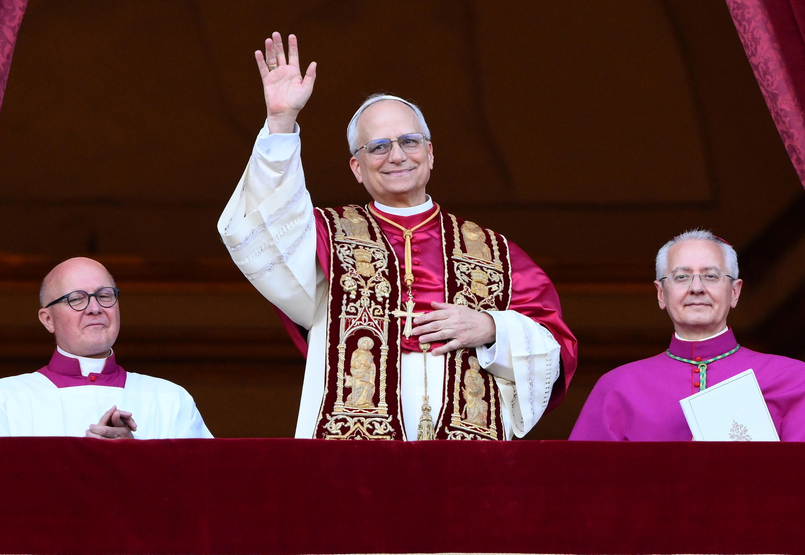Laszlo Lengyel: Gyurcsany's virtual world
Ferenc Gyurcsany wanted to save the country long before he knew what was wrong. He was write to withdraw the budget and the new tax laws, though the decision came too late. But from that point on he should have focused on technical decisions, not on making statements. He has called a wholly unnecessary national roundtable, where no work will be carried out and no decisions will be taken. Most of the people who attend will have no economic expertise.
© Stiller Ákos |
All our politicians reaccted badly to the autumn 2006 crisis, and nothing has changed today. The international financial crisis has challenged politicians. Some have risen to the challenge, others have failed. Gordon Brown, a born loser at other times, has emerged as the weighty and respected statesman leading international attempts to deal with the crisis. He didn't speak, he didn't order unnecessary confrontations. He worked out a practical and comprehensible plan which works. George Bush took a different approach. He wasn't up to it on 11 September 2001 or in the Iraqi crisis, nor during Hurrican Katrina, and nor is he now.
Hungarian politicians are behaving as they usually do. The prime minister's first reaction was to ignore the international storms. To follow events, you need contacts, information and expert warnings.
Ferenc Gyurcsany has shut himself up with his own advisers, doing without any of the above. If he fails to realise that nothing has changed, then of course he'll write the essay he came up with at the end of the summer. Hungary, he insisted, was on a new and sustainable growth path. If he failed to notice that the American financial crisis would have a global impact, then of course he couldn't say anything else at the end of September. If he cannot confront the truth, then of course he'll come up with a budget that contains not one single number reflecting the truth. He launched a self-congratulory Socialist campaign that boasted of goals met and targets reached.
In normal countries, the prime minister and the finance minister speak to the four or five most respected experts, asking how they see things. Of course, current and former central bank governors, as well as current and former finance ministers, are among these experts, regardless of their party allegiance. Each expert gives his or her answer, and then the civil service works out the technical aspects.
Then, the prime minister summons the party leaders and tells them what programme the experts have remembered. He asks each of the party members whether they will support the proposals. Should the central bank inject more money into the system? Should we move to take over certain financial institutions? Should we accept funding from the IMF with all the strict conditions that implies?
The prime minister didn't make use of this opportunity. It was obvious that most senior state officials would refuse to attend: this really is not how the state works. It was also predictable that Viktor Orban would use the roundtable as an opportunity to attack the government.
But Viktor Orban hardly seems better at handling crises. He was the first Hungarian politician to recognise that the international crisis would affect us. He behaved in a responsible fashion when he summoned the experts and asked them questions. He made an honest gesture when he supported the government's legislative proposals, and he had his MPs stay in the chamber of Parliament to listen to the prime minister.
He accepted the prime minister's invitation, and opted not to hold a Fidesz rally on 23 October. If he had come up with workable proposals, he would have been a statesman. But he couldn't control himself, and started demanding higher wages, tax cuts and development. All this at a time when there is a need for real spending cuts, and when Fidesz itself had no real proposals.
Hungary's condition is fragile. It is dependent on external financing. It needs credibility and more money. Fiscal and monetary policy are not coordinated. Economic policy is a mess. Nobody takes the political actors seriously. They are unable to use the crisis as an excuse to sit down and talk.
László Lengyel


















